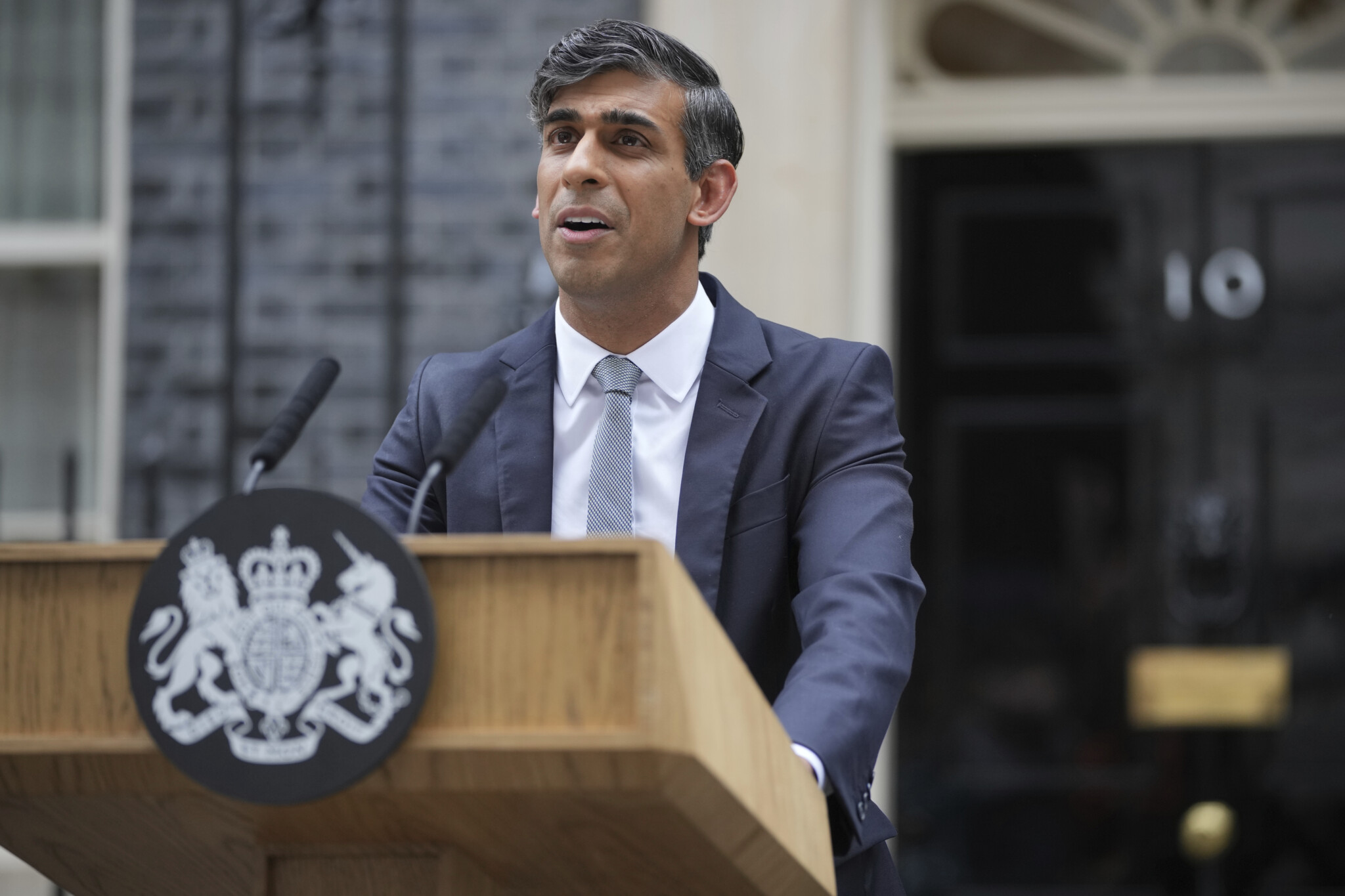The reaction in the immediate aftermath of the recent U.K. election was predictably animated, with Tory party insiders and outsiders alike offering their in-the-moment explanations for the catastrophic Conservative result. But letting the dust settle, we can now begin to take a dispassionate gaze at what went wrong for the incumbent Conservatives—and what lessons Canada’s conservatives can learn from their cousin’s downfall.
While the final outcome produced a very different British government than the previous 14 years, this was not due to a substantially different voting pattern than the past 14 years.
The Conservative Party vote was sapped by the surge in support for Reform UK, a new party led by Nigel Farage, a prime architect of Brexit. The inspiration (and name) behind Reform was the Canadian Reform Party of the 1990s, which aimed to restore a grassroots accountability to politics. Running on a platform with clear, concise messaging that “Britain is broken” and for “higher wages,” to “stop the boats,” and provide “cheaper energy,” Reform UK targeted a sense of malaise that crossed parties and spoke to a wide array of the country.
In the end, the U.K. election saw 14.3 percent of the vote cast for Reform, and 23.7 percent cast for the Tories. Added together, this works out to 38 percent to Labour’s 33.7 percent. Further, Labour’s 33.7 percent is the smallest of any majority government in Britain’s history—not exactly a durable sign of a mandate. While straight vote percentages are not equivalent to seats in a first-past-the-post system, being voted for in greater percentages does not hurt.
The number of seats lost by the Tories by the margin of votes that Reform won was 170, which while not perhaps enough to change the ultimate outcome, could have made it much more competitive. Any government with 14 years of baggage (and five prime ministers in that span) would be in tough to make an argument to voters that it should be reelected. Labour won largely by standing still and presenting itself as a “change” option.
While this does not dull the loss for the Conservatives, this is a natural consequence of democratic cycles in a democracy with multiple parties. Parties rebound and change, reforming themselves to respond to the electorate that rejected them.









